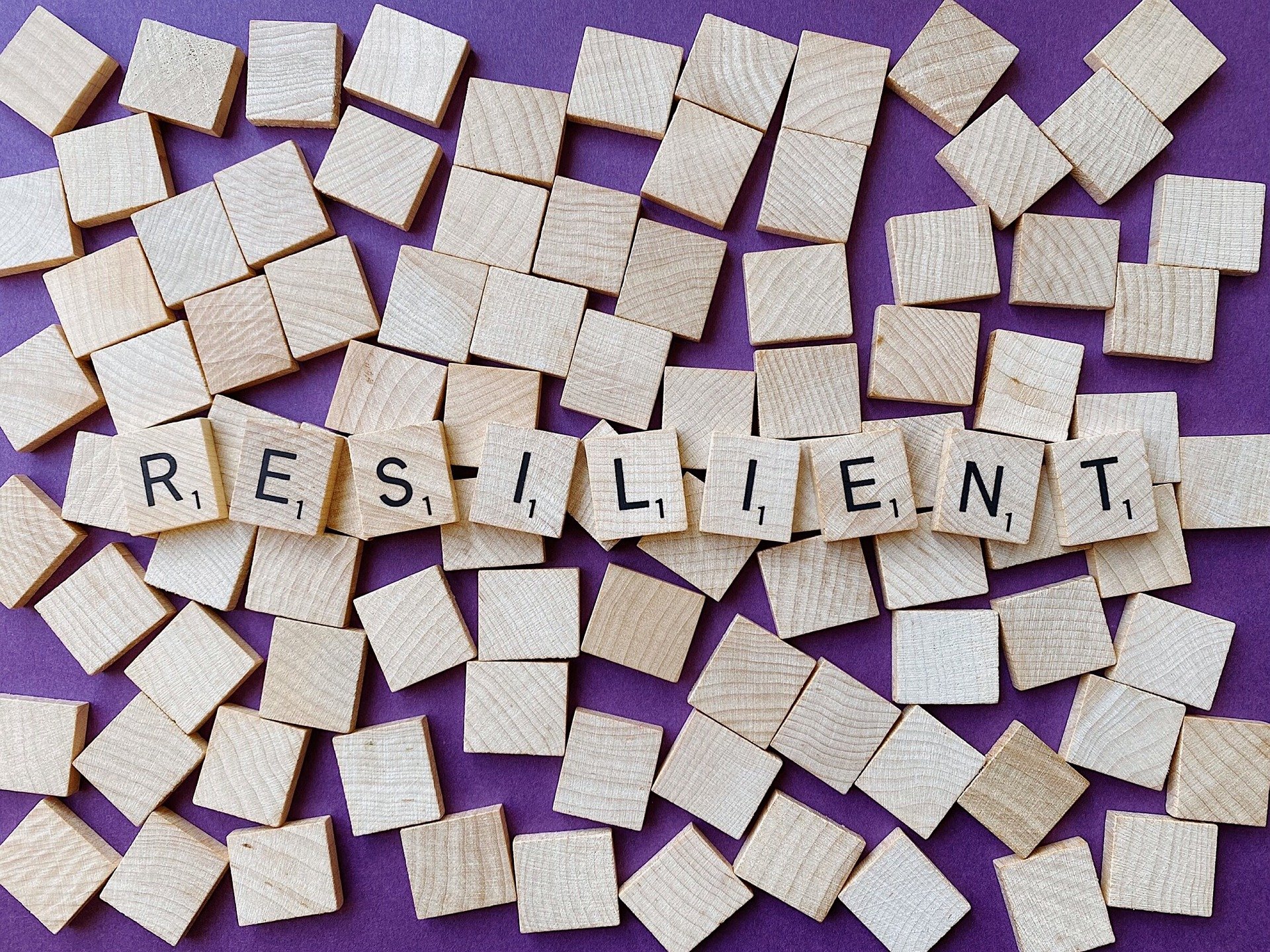by Katie Clare, Associate Director for Resilience Programs, University Life
This week’s Resilience Resources Weekly post highlights the importance of relying on role models for supporting increased resilience. Learning from stories of others who’ve faced down adversity and come out stronger on the other side can help us to understand the abilities, qualities, behaviors, and character that we must bring to bounce back from challenges. Resilience role models teach us to be more effective and inspire us to persist.
Just like you are already practicing resilience in managing work and non-work tasks, you probably already have some role models in your life. However, you may not have thought about those role models in the context of resilience. Consider how the people you admire demonstrate resilience, and watch this week’s featured Ted Talks with two individuals who can serve as resilience role models to jump start your thinking.
These are not new Ted Talks. If you’ve missed them, take advantage of this encouragement to watch them now. If you’ve seen them before, watch them again because you might learn something new about the material or about yourself. To support your work, we have provided a few reflection questions for you to discuss or write about.
Gabby Giffords and Mark Kelly: Be Passionate. Be Courageous. Be Your Best.
- Identify 3-5 ways in which Giffords was resilient following her traumatic event.
- Resilience is often considered in the context of major negative life events, but it’s just as important in daily life. How are you already resilient in the face of daily stressors?
- In recovering from her injury, Giffords did not work to reclaim her pre-injury self but to claim a new one – better, stronger, tougher. As you think about the current situation, in what ways is this an opportunity for you to embrace change and maybe even discover a better, stronger, or tougher self?
- How did Giffords harness social support to aid in her recovery? Why is social support an important component of resilience for you?
- While physically distancing from possible sources of social support, how will you maintain your social connections?
Brené Brown: The Power of Vulnerability
- Brown takes “messy topics” and works to understand them through connection. Understanding connection also means understanding disconnection. Considering the current situation, in what ways do you feel disconnected and in what ways do you feel connected?
- Brown forces us to consider vulnerability, and she acknowledges the natural desire to resist this topic. What is your automatic response to being vulnerable? How can you modify your response to work toward increased resilience? Can you think of someone in your life who serves as a powerful role model for vulnerability?
- Being resilient means that we adapt to our circumstances, including setbacks, and continue to move forward. How have setbacks that you’ve faced contributed to your success?
- Brown says she is a researcher-storyteller. If we get to write our own stories, what story do you want to claim for your COVID-19 experience?
- Brown emphasizes the importance of engaging gratitude and joy. How might you engage gratitude or joy in your life today? Can you think of someone in your life who serves as a powerful role model for engaging gratitude or joy?

